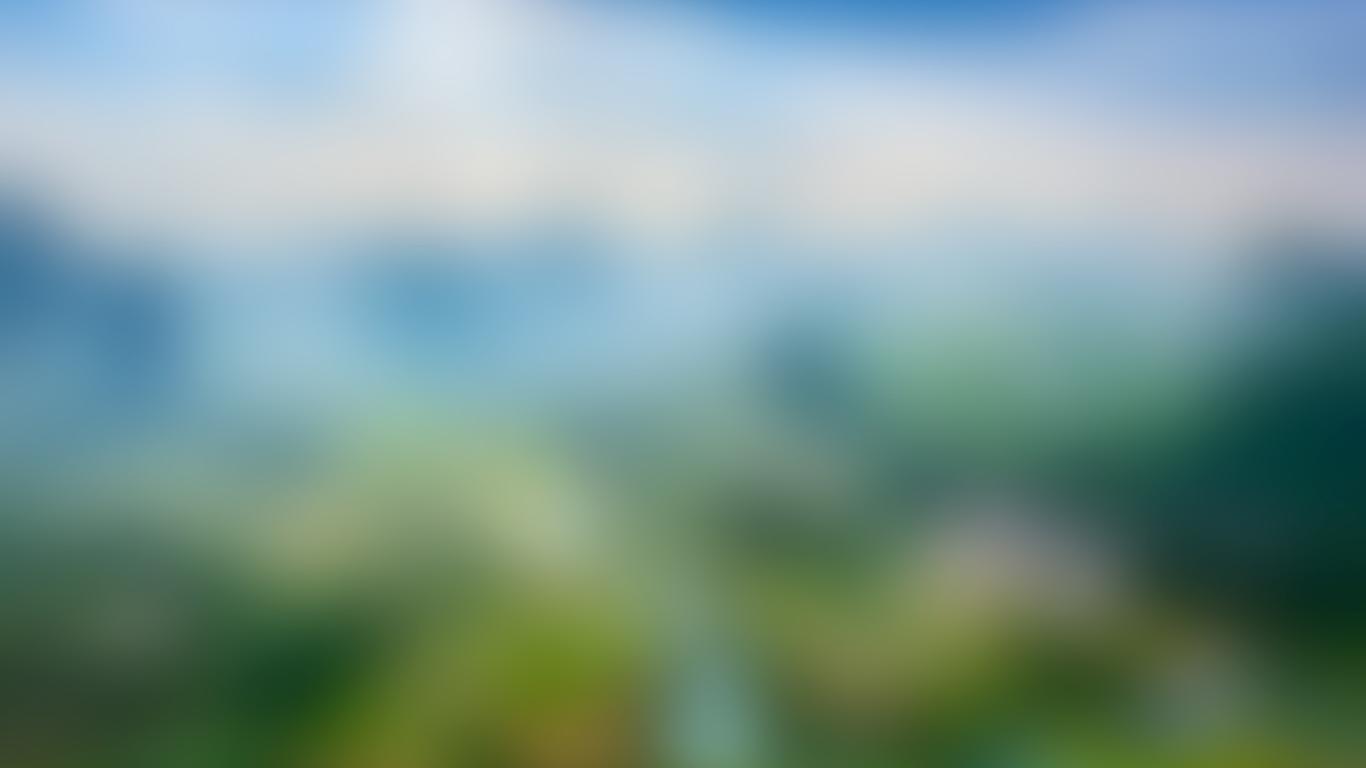Berlin Zoological Garden is the oldest zoo in Germany and has the most notable collection of animals in the world, making it a must-visit attraction for anyone travelling to the capital city of Berlin. Many famous animals have been born and bred in the cages of Berlin Zoo, including Knut the Polar Bear, who was raised in captivity and became an international celebrity of the animal world. Over 35 hectares of land in the Tiergarten of the city, it hosts an aquarium as well as a zoo and is greatly invested in breeding programmes and the protection of endangered species.
One of the most striking features of Berlin Zoo is at its entrance, where two sandstone statue elephants guard the gates at the Elephant Gate, decorated with paintings and carvings and welcoming guests for over 100 years. The true attractions of the zoo are inside where over 1,500 species of animal live, from predatory lions to cute, harmless animals, hippos, nocturnal creatures, sea life, insects, and, for bird lovers, the largest aviary in Europe. Guests can witness the exciting animal feedings that happen regularly, experience wildlife safaris, while children can play in the playground and touch the goats, sheep, and donkeys in the smaller petting zoo.
Berlin Zoo has a U-Bahn and S-Bahn stop called Zoologischer Garten, and a bus stop for those travelling by public transport, with a direct line also going to the airport. For drivers, there is a car park two minutes from the entrance Nürnberger Strasse, for a fee.
Berlin Zoological Garden is more than just a means of entertainment, it is invested in the lives of the animals and the protection of international wildlife, as all animals are kept in enclosures resembling their natural habitat. It was built in 1844, established by King Friedrich Wilhelm IV, who donated the royal land and the first animals, including pheasants belonging to the monarchy. The zoo was mostly destroyed in World War II with only 91 animals surviving the damage, but through natural breeding systems and reconstruction projects, the site was renewed and continued to find international success.





